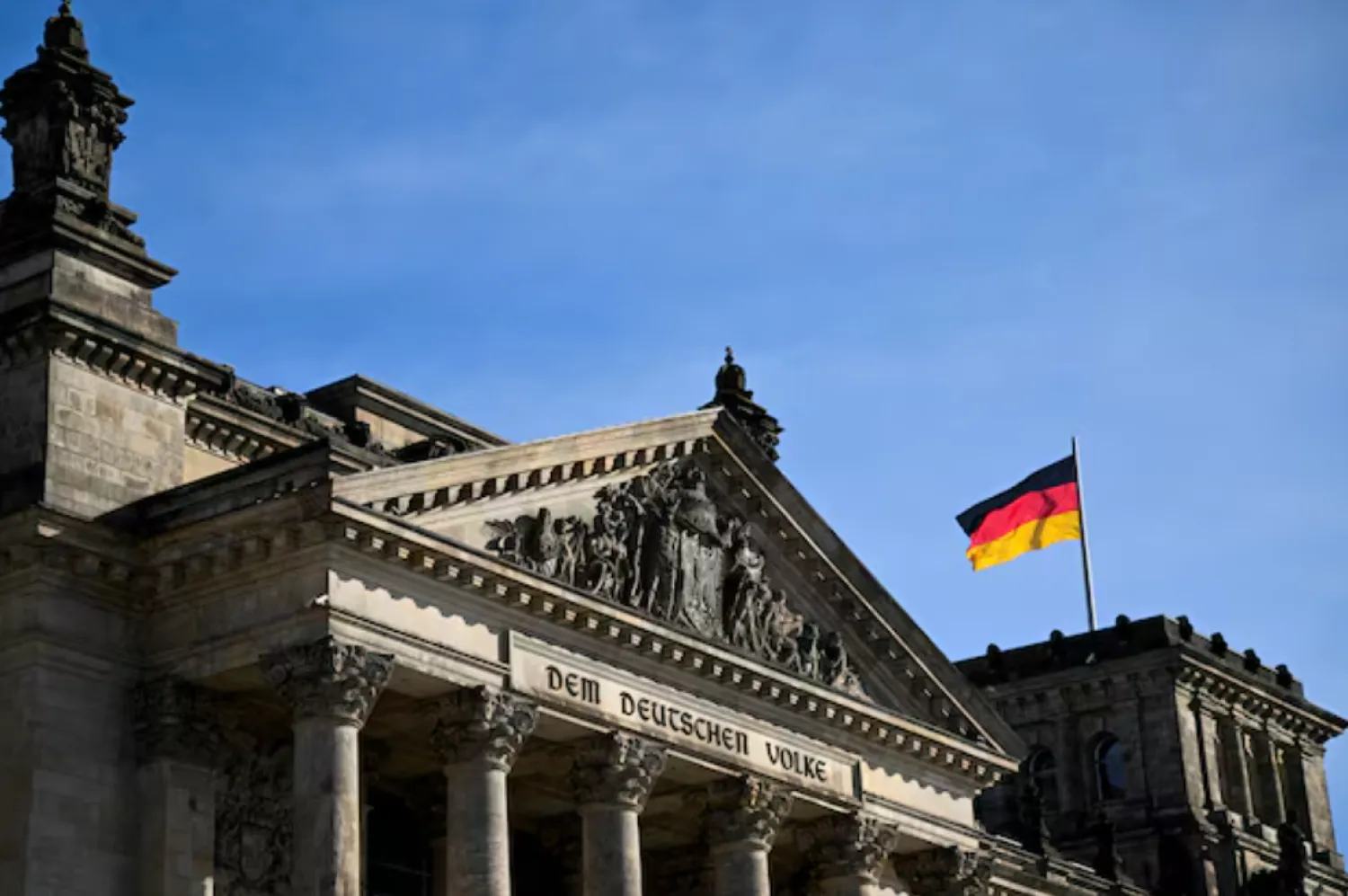Russian air defenses shot down two drones aimed at Moscow overnight, officials said Wednesday, in what they described as Ukraine’s latest attempt to strike the Russian capital in an apparent campaign to unnerve Muscovites and take the war to Russia.
The drones were intercepted on their approach to Moscow and there were no casualties, Mayor Sergei Sobyanin said. The Russian Defense Ministry described it as a “terrorist attack.”
One of the drones came down in the Domodedovo region south of Moscow and the other fell near the Minsk highway, west of the city, according to Sobyanin. Domodedovo airport is one of Moscow’s busiest.
It was not clear where the drones were launched from, and Ukrainian officials made no immediate comment. Ukraine usually neither confirms nor denies such attacks.
Flights were halted at Moscow's Vnukovo airport on July 30 and Aug. 1, when drones smashed into the Moscow City business district after being jammed by air defenses in two separate incidents.
In May, Russian authorities accused Ukraine of attempting to attack the Kremlin with two drones in an effort to assassinate President Vladimir Putin.
Recent drone attacks have aimed at targets from the Russian capital to the Crimean Peninsula.









